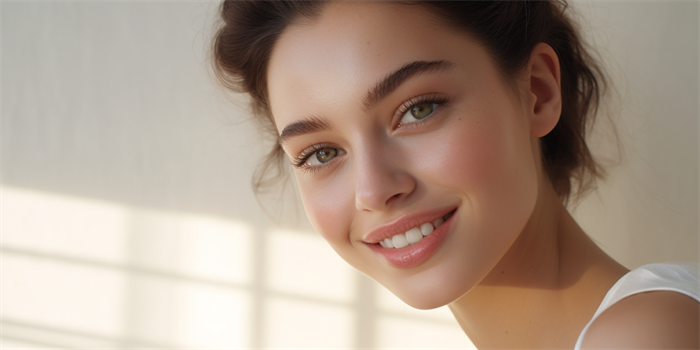Can I Eat Shrimp After Ultherapy in Philadelphia?
Ultherapy, a popular non-invasive skin tightening treatment, has gained significant attention in Philadelphia for its ability to lift and tighten the skin without surgery. However, patients often have questions about post-treatment care, including dietary restrictions. One common query is whether it is safe to eat shrimp after undergoing Ultherapy. This article aims to provide a comprehensive guide on this topic, covering various aspects of post-Ultherapy dietary considerations.

Understanding Ultherapy
Ultherapy uses ultrasound technology to stimulate collagen production deep within the skin. This process helps to tighten and lift the skin over time, particularly in areas like the neck, chin, and brow. The treatment is non-invasive and does not require any downtime, making it a popular choice for those seeking a more youthful appearance without surgery.
Post-Treatment Dietary Considerations
After Ultherapy, it is generally recommended to maintain a healthy diet to support the body's natural healing process. While there are no specific dietary restrictions imposed by the treatment itself, certain foods can potentially affect the healing process or cause allergic reactions. Shrimp, being a common allergen, is one such food that patients often inquire about.
Allergies and Shrimp Consumption
Shrimp is a seafood known for causing allergic reactions in some individuals. If you have a known shrimp allergy, it is advisable to avoid consuming shrimp after Ultherapy to prevent any adverse reactions. Allergic reactions can range from mild symptoms like itching and hives to more severe reactions like anaphylaxis, which can be life-threatening. If you are unsure about your allergy status, it is best to consult with your healthcare provider before consuming shrimp.
Nutritional Benefits of Shrimp
For those without allergies, shrimp can be a nutritious addition to the diet. Shrimp is rich in protein, low in fat, and contains essential nutrients like omega-3 fatty acids, vitamin D, and selenium. These nutrients can support overall health and potentially aid in the healing process after Ultherapy. However, it is important to consume shrimp in moderation and ensure it is prepared in a healthy manner, such as grilling or steaming, to avoid the intake of excessive fats and oils.
General Post-Ultherapy Care
While dietary considerations are important, there are other aspects of post-Ultherapy care that should not be overlooked. These include avoiding direct sun exposure, using sunscreen, and maintaining proper skincare routines. It is also recommended to follow any specific post-treatment instructions provided by your healthcare provider, which may include avoiding certain activities or using specific skincare products.
FAQ
Q: How long should I wait to eat shrimp after Ultherapy?
A: There is no specific waiting period for eating shrimp after Ultherapy. However, if you have a known shrimp allergy, it is advisable to avoid consuming shrimp to prevent any allergic reactions.
Q: Can I eat other seafood after Ultherapy?
A: Similar to shrimp, other seafood can be consumed if you do not have any allergies. It is important to ensure that the seafood is prepared in a healthy manner and consumed in moderation.
Q: Are there any foods I should avoid after Ultherapy?
A: While there are no specific foods to avoid after Ultherapy, it is generally recommended to maintain a healthy diet to support the body's healing process. Avoiding excessive alcohol and smoking, as well as consuming a balanced diet rich in fruits, vegetables, and lean proteins, can be beneficial.
Q: How soon can I resume my normal activities after Ultherapy?
A: Ultherapy is a non-invasive treatment with no downtime. You can resume your normal activities immediately after the treatment. However, it is important to follow any specific post-treatment instructions provided by your healthcare provider.
In conclusion, while there are no specific dietary restrictions for eating shrimp after Ultherapy, it is important to consider any known allergies and maintain a healthy diet to support the body's healing process. Consulting with your healthcare provider can provide personalized advice tailored to your individual needs and circumstances.




